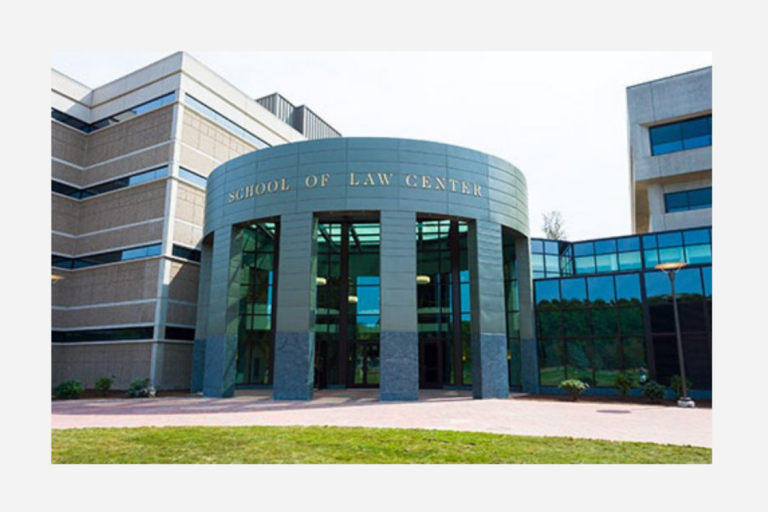University of Wisconsin Law School’s robust clinical programs are no stranger to innovation. University of Wisconsin’s programs began with an emphasis on criminal issues and grew to include civil issues ranging from consumer protection to family law. In recent years, the program has seen no shortage of new developments, including supporting entrepreneurs in the state or addressing increasingly complex immigration needs.
Recent innovations include adding additional clinical programs, addressing important unmet legal needs and developing new course options for added flexibility for students.
Three new programs offer students ways to engage with timely significant legal issues:
- The Eviction Defense Clinic, supported by federal emergency housing funding, comes at a time of heighted housing instability intensified by the pandemic. Under the supervision of the director, students provide free legal assistance to those facing eviction.
- The Constitutional Litigation, Appeals, and Sentencing Project addresses complex post-conviction cases from the Wisconsin Innocence Project, Federal Appeals Project, and Legal Assistance to Institutionalized Persons Project. Students gain skills in litigation strategy, client counseling, legal research and writing.
- The Restraining Order & Survivor Advocacy Clinic provides direct legal services to victims/survivors of intimate-partner violence. Under the guidance of the director, students provide direct representation at injunction hearings and assist clients with additional legal needs consistent with victims’ rights under Wisconsin law.
In addition to adding new substantive areas to the clinical line-up, the law school recently began the process of reimagining the clinical program offerings, with an emphasis on increasing greater accessibility and more course flexibility for all students.
This summer, students have more choices than ever, including summer clinic options, along with the opportunity for a paid project-assistant position conducting scholarly research for a faculty member.
In the fall, students can choose between full academic-year clinics and semester-only clinic courses. Some clinics will change from a full-year to an academic-year sequence, although some students may still have an opportunity to continue their work within a clinic beyond that timeframe.
As a unique learning experience — and a cornerstone of UW Law’s Law-in-Action philosophy — increasing student access to clinicals was a top priority as the school embarked on the strategic planning process, the law school said.






